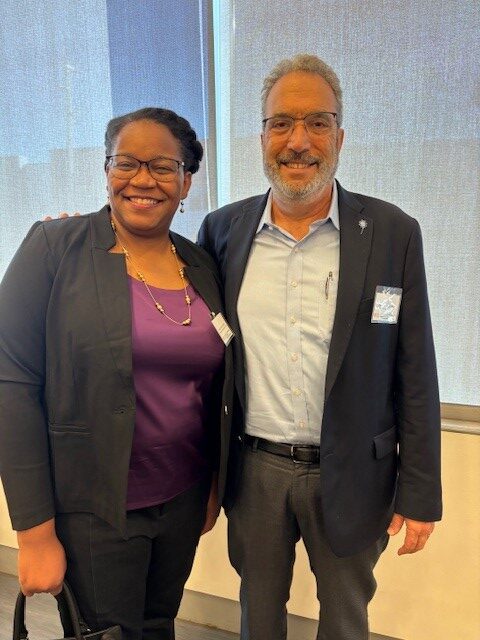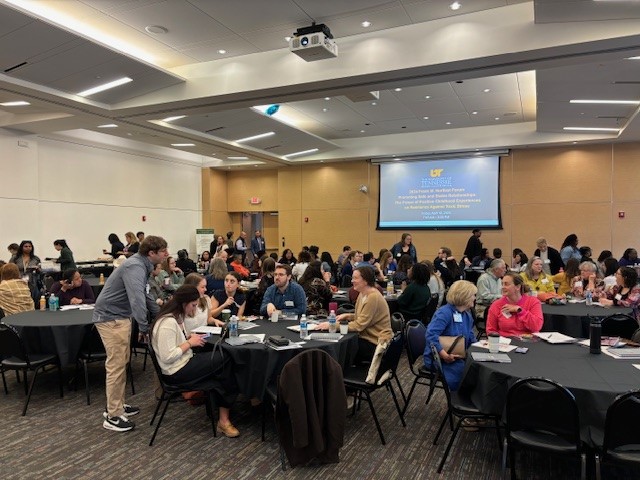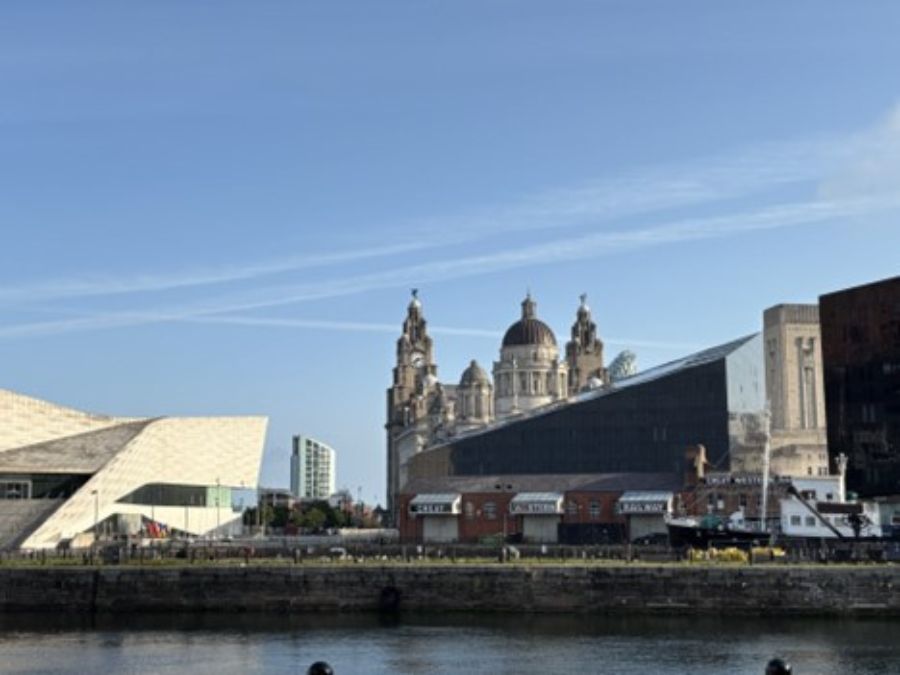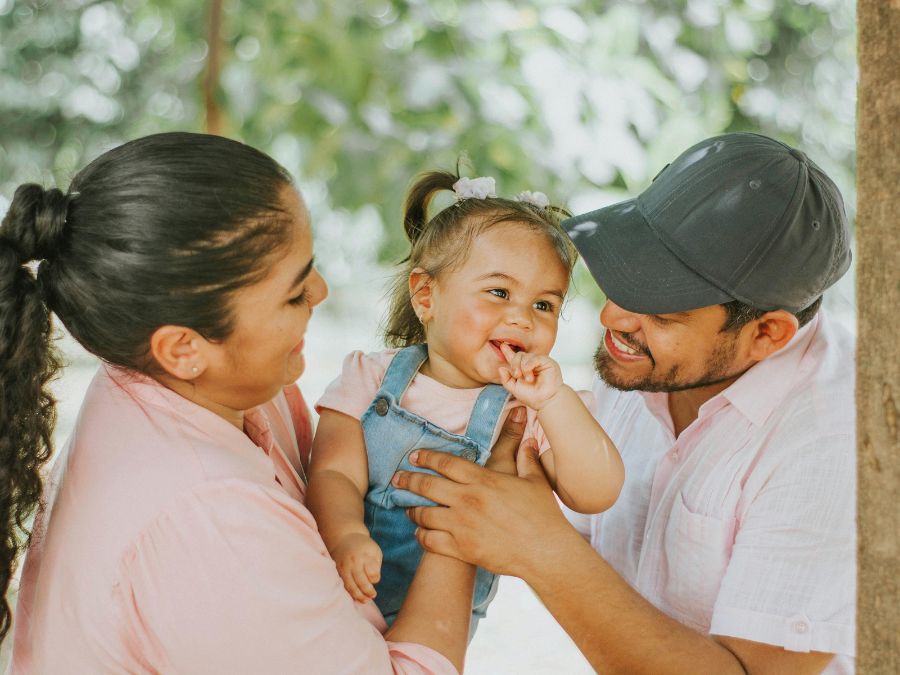
Spreading HOPE in Tennessee event
Healthy Outcomes from Positive Experiences continues to grow as we offer workshops, seminars, and keynote presentations throughout the country. Last month, I was invited to deliver my keynote address, “The Science of HOPE,” at the 2024 Frank M. Norfleet Forum for the Advancement of Health sponsored by the University of Tennessee Health Science Center.
The annual symposium brings together a cross-disciplinary group to discuss issues of common interest relating to child health. This year we focused on resilience. Our hosts from the University, Jason Yuan, MD and Toni Whitaker, MD connected me to Angela Miller, PHD, Deputy Director for Child Health at the Tennessee Department of Public Health. Through her work, the Tennessee Behavioral Risk Factor Surveillance System (BRFSS) now includes positive childhood experiences (PCEs) questions since 2021. Their 2021 BRFSS results, which we cite in our trainings on the HOPE framework, show that Tennesseans with higher PCEs scores enjoy better adult physical and mental health, and are more likely to be employed.


Learning more from our passionate colleagues
The Norfleet Forum was held at the National Museum of Civil Rights, which includes the motel where Martin Luther King Jr. was assassinated. The symbolism of holding the meeting there carried into the meeting: the speakers and discussions did not shy away from issues of equity, bias, and inclusion. The group of 150 participants were animated, friendly, interactive, experienced, and committed. The HOPE framework and PCEs were new to some, and many had attended prior HOPE workshops. Quite a few have changed their practices to incorporate the Four Building Blocks of HOPE.
During a break, Sandra Allen, past Board President and founding member of the Association for Infant Mental Health in Tennessee (AIMHiTN) introduced herself to me. AIMHiTN is an organization of professionals who support child mental health and development up to age 6 and is a key partner in spreading the HOPE framework and positive childhood experiences throughout the state.
When we have these opportunities to attend regional meetings, we value talking and listening to professionals and policymakers. These conservations help the HOPE National Resource Center learn from others working in their fields and communities that we can later incorporate into future or updated resources, training offerings, and research.
Join us in spreading HOPE
We love hearing about stories of how HOPE implementation has created positive change in communities and organizations. If you have a HOPE story, we invite you to share it with us!
If you are new to HOPE, we invite you to join us in creating a healthier and happier world for children, families, and communities. We offer in-person and virtual presentations and workshops to teach newcomers about the science and practice of positive childhood experiences. Contact us to learn more!


